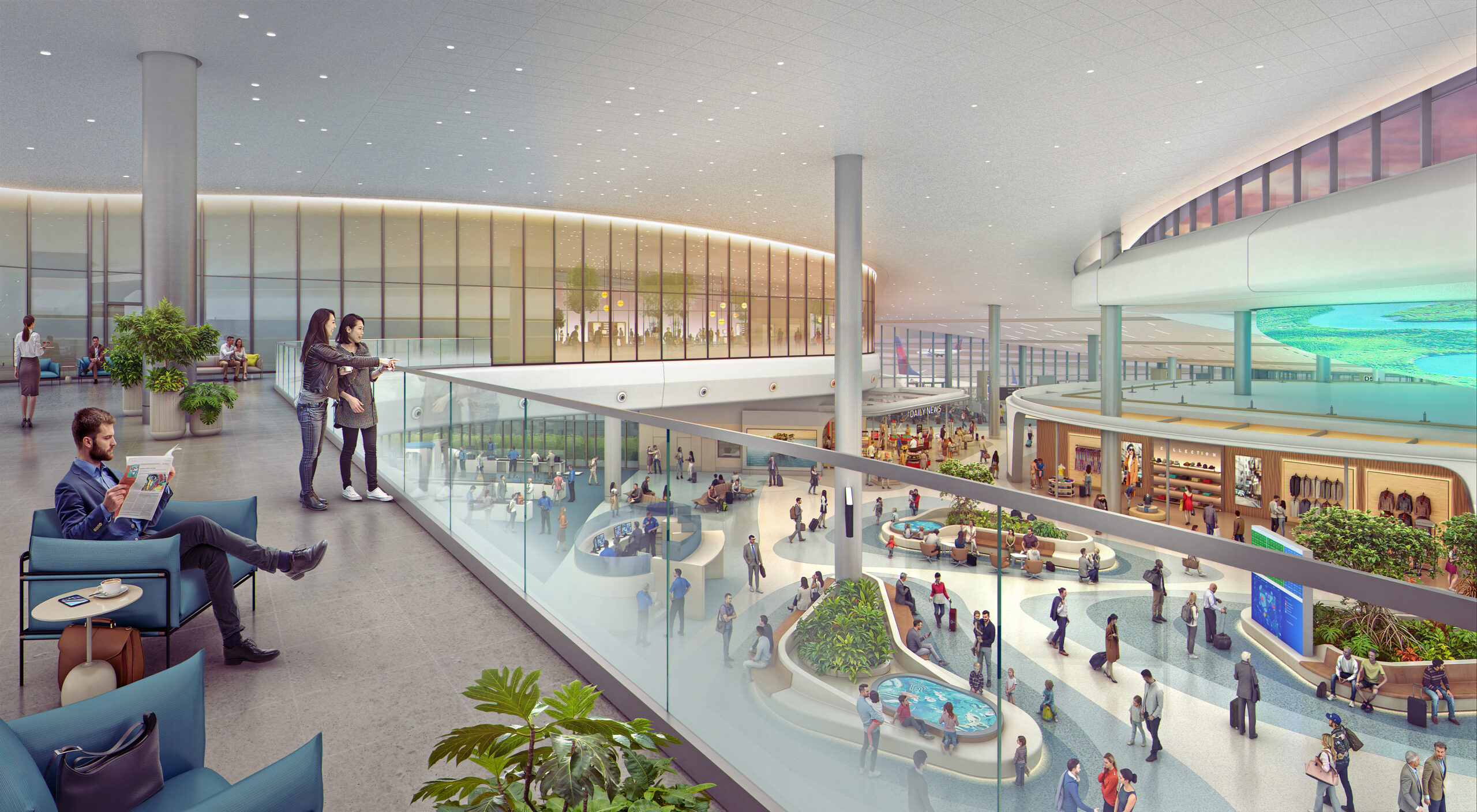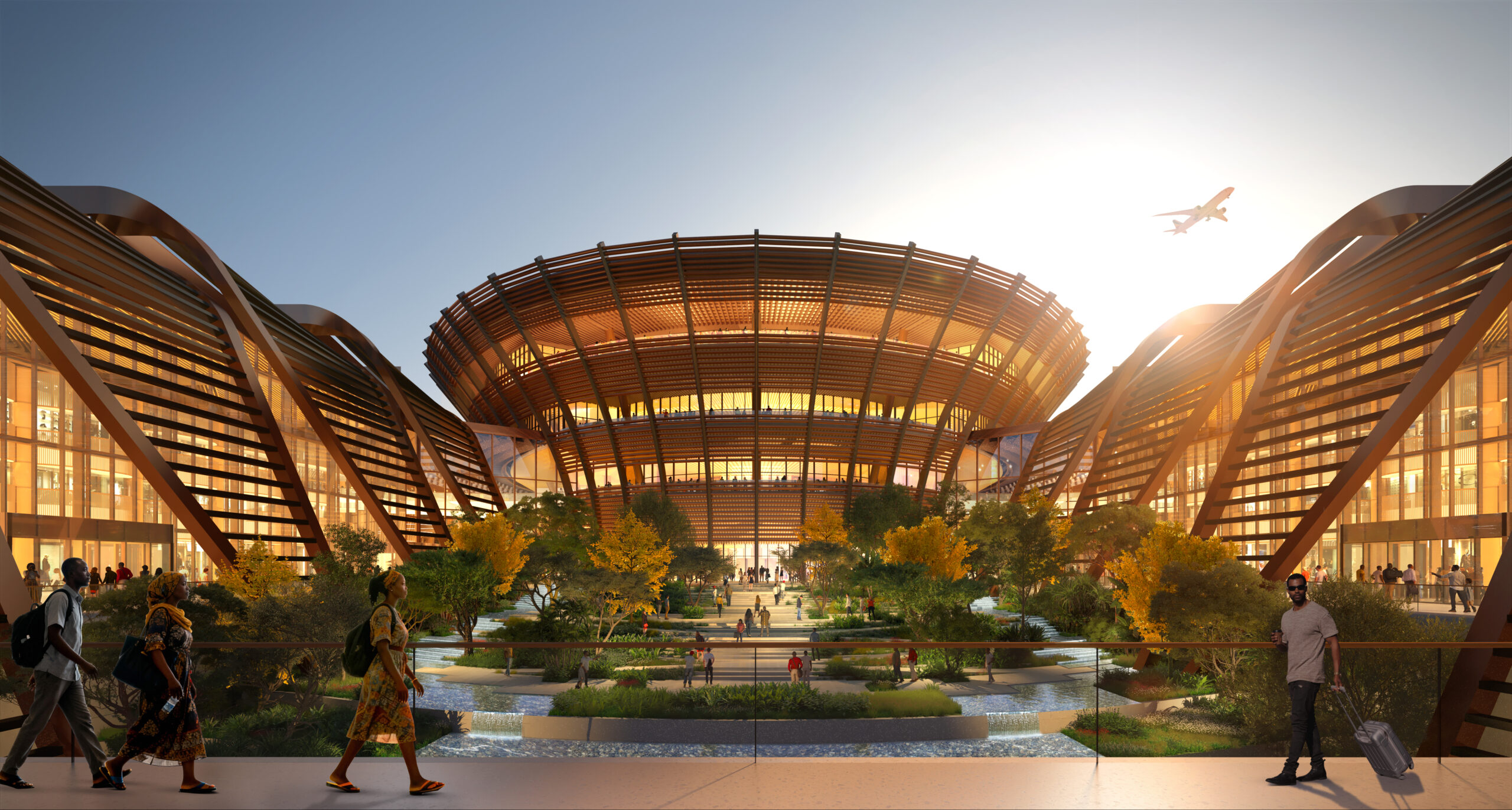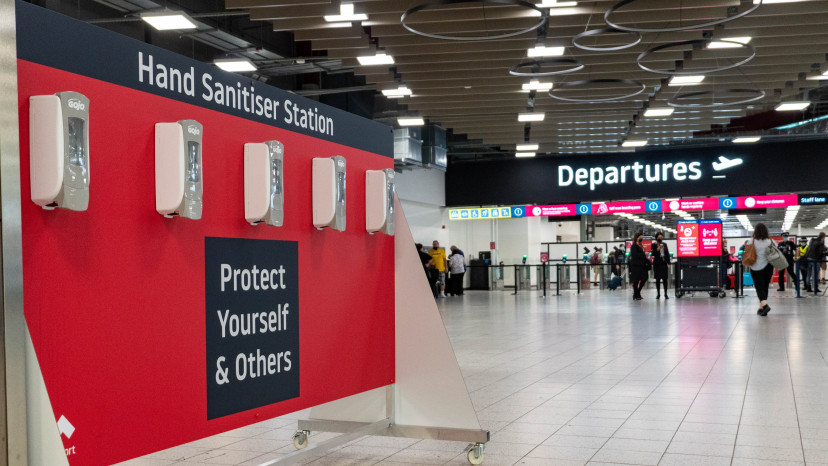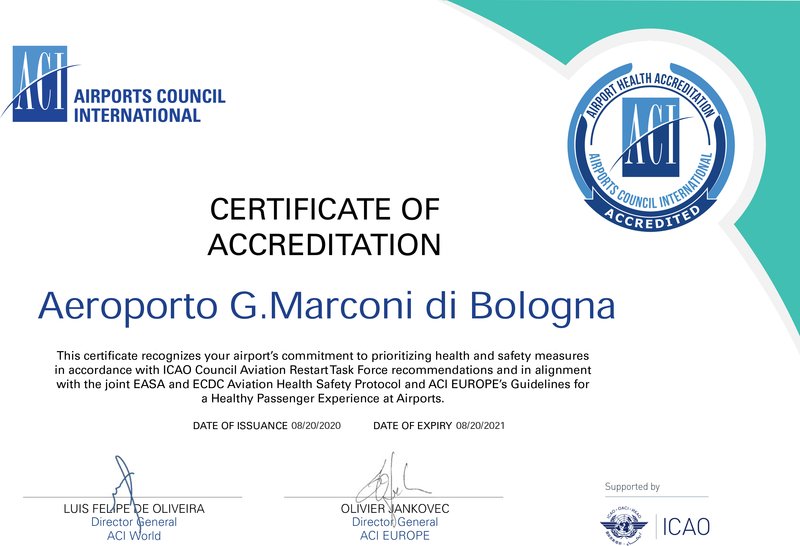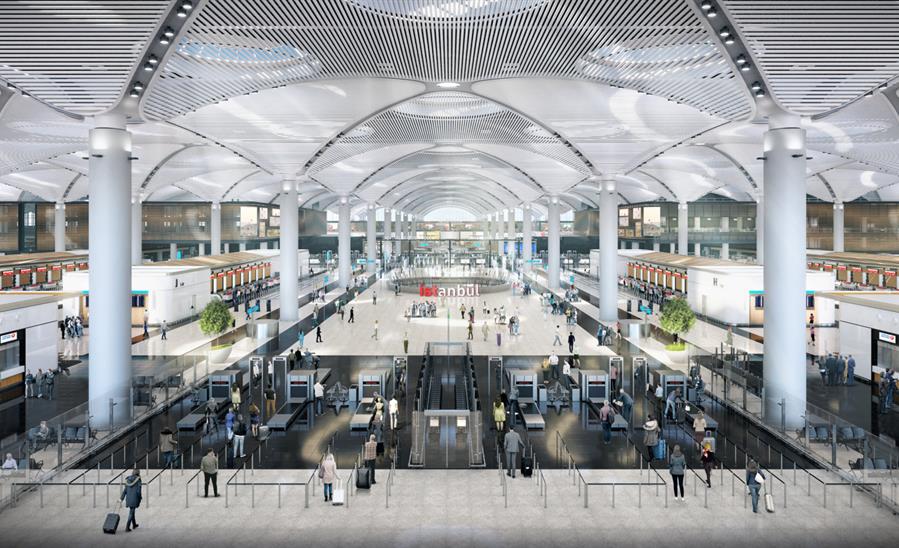Schiphol’s ‘Blink’ Seating System Shortlisted for Dezeen Sustainability Award
Blink is a plastic-free and locally-produced seating system designed for airports. It is designed by Richard Hutten and produced by Lensvelt contract furniture for Schiphol airport. In order to produce Blink, the old seats at Schiphol were recycled; and the old seats became the new seats. This was done through the re-usability of products, the recycling of raw materials and using sustainable materials such as coconut fiber, wool or recycled clothing.
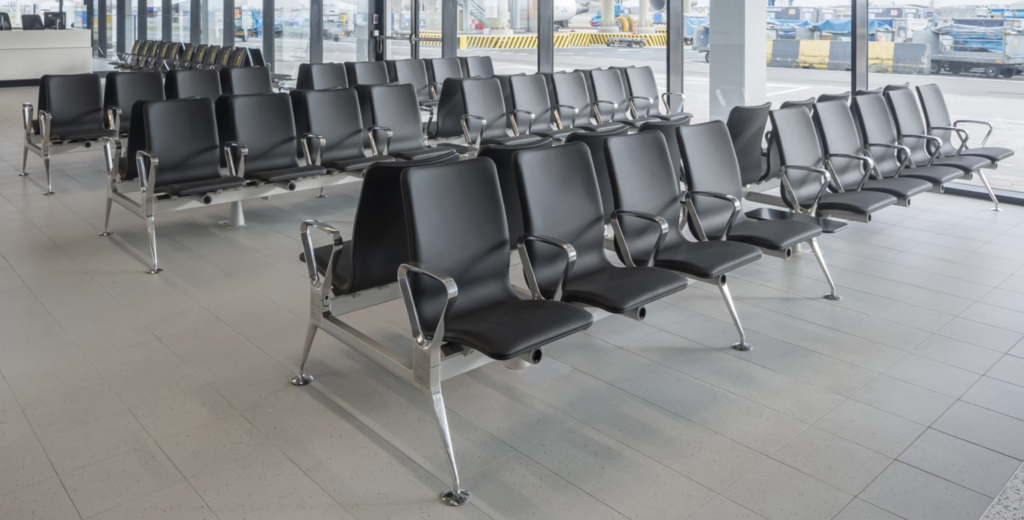
Moreover, recyclable aluminum is used, the upholstery is designed in a way that it can be reupholstered when flawed and we make use of bio-based table tops. The composition of this material is natural-based resin that is reinforced with natural fibers. So that after a long life cycle, it can be fully reused.
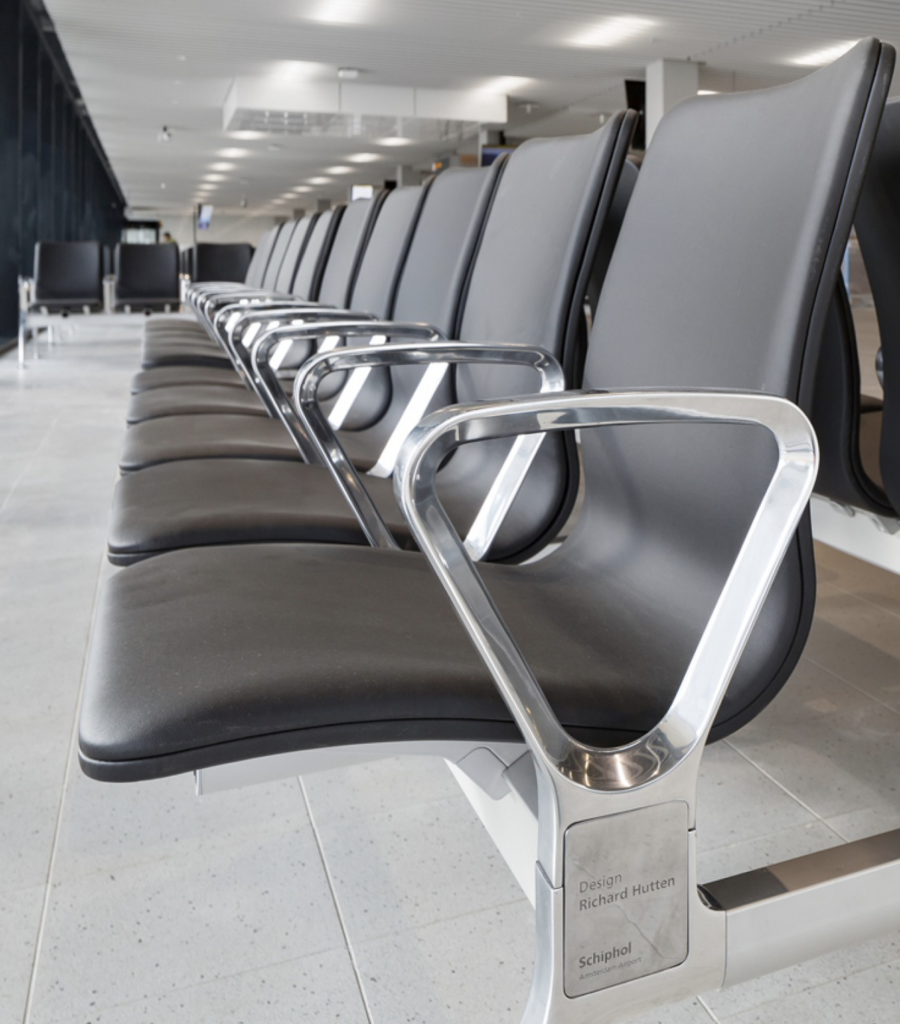
The carbon footprint of Blink is 95% less compared with similar products from competition. The main focus in the design was to create a product that was as long lasting as possible, however, should its lifecycle come to an end, we have ensured it can be stripped down and recycled again easily.
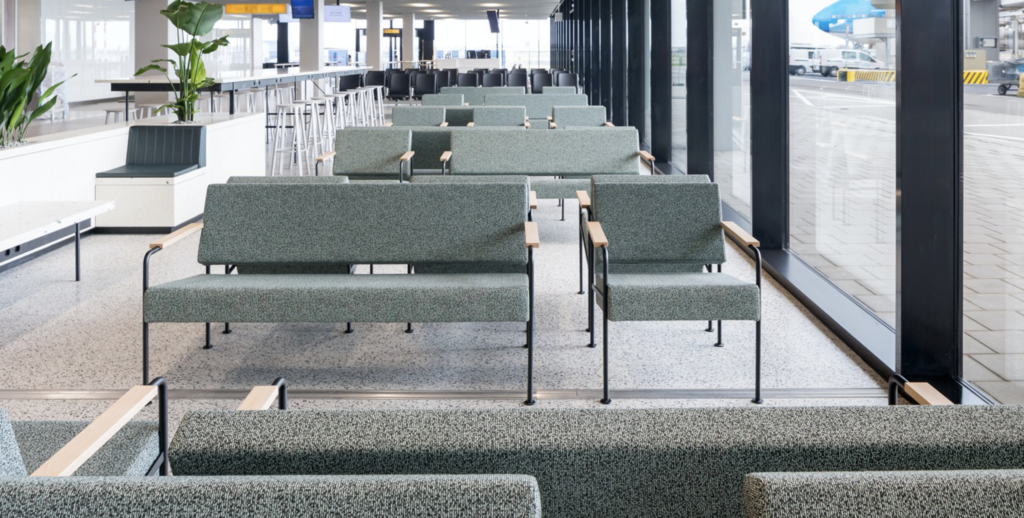
This article was originally published by Lensvelt.
About Lensvelt
Lensvelt manufactures innovative interior solutions for every work, play, relax and think space. To satisfy people and companies and to inspire architects and interior designers to do the unexpected.
Lensvelt realize this by working with the most remarkable artists, architects and product designers such as: Paolo Rizzatto, Richard Hutten, Maarten Baas, Joep van Lieshout, Marcel Wanders, Wiel Arets, Maarten Van Severen, Studio Job, Gerrit Rietveld, OMA, Piet Hein Eek, Simo Heikkilä, Bertjan Pot, Mark van der Gronden, Rick Minkes, WH Gispen, Caroline Prisse, Tejo Remy & René Veenhuizen, Space Encounters, Baranowitz & Kronenberg, Piet Boon, Fabio Novembre, i29, Ineke Hans, Pras Hooft, Nina Graziosi, Edward van Vliet, Luc Binst/B Brand and Stefaan Jamaer.




